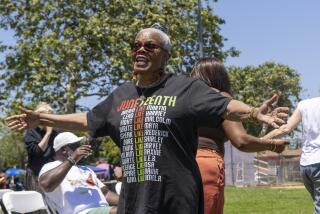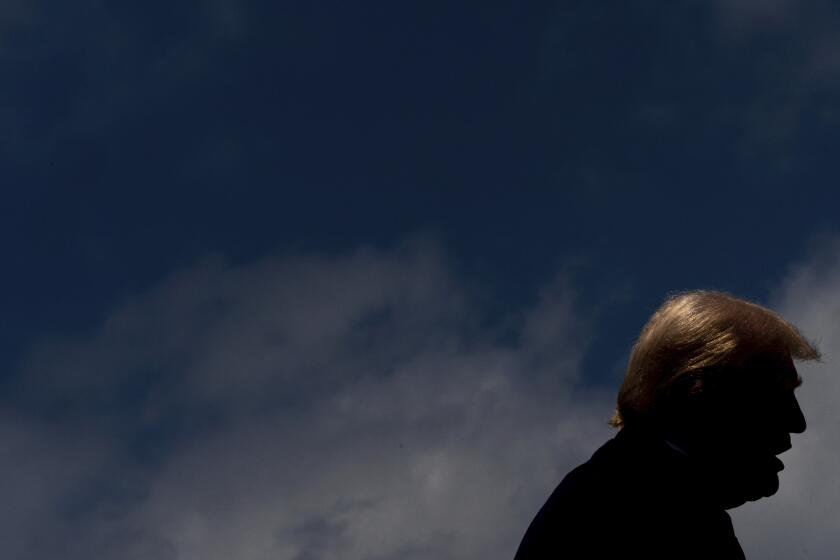Black History Month: If you don’t know it, you still need it
When my brother and I were growing up in the 1960s, my parents bought the book, “Great Negroes Past and Present.” Perfect for young readers, it was a survey of famous black folks in history. It sat on a shelf in my father’s study, and I would take it down and sit there, poring over the pages and the pictures. It was from that book I learned who Harriet Tubman and Sojourner Truth were. Marcus Garvey too. (Wait — he wants black people to go back to Africa?)
When we sold our family home eight years ago, as I was rummaging through papers and photos, I stumbled across the book and decided to keep it. Part kitsch, part classic, it is an artifact of my childhood.
That’s what passed for black history back in the day, at least for school-aged children. As Black History Month comes to a close on the last day of February, I was thinking about how outdated that book seems, starting with the title, of course. (I see that a second volume came out in 1999.) Half a century later, the mere idea of neatly circumscribing black history into a slender encyclopedia or one month of the year — the shortest one, I might add — is quaint.
PHOTOS: Let’s celebrate some of America’s unsung heroes this Black History Month
And how could we possibly need a Black History Month when the most powerful man in the world (the president of the United States) is black? When the frontrunner for a best picture Oscar is “12 Years a Slave,” a movie directed by a black man, written by a black man, about black people and, of course, starring black actors, all of whom are also nominated for Oscars?
“Not an hour ago, I said to a room of white colleagues, ‘Happy last day of Black History Month.’ And they were all like, ‘Oh, yeah...’ ” a friend of mine — who is black and works in communications in Washington — told me. Of course. It’s just a gag line now — for everyone.
“I’m not even sure what Black History Month is about, really,” she said. “But whatever it is, it isn’t enough. I’d rather see a real effort at inclusion and balance instead of this overly earnest, clumsy attempt at 28 days of sensitivity for schoolchildren and government officials.”
That’s what we all want. The question is whether the history of black Americans has been seamlessly integrated into the history of America with all the gravitas and nuance it deserves. And of course the answer to that is: not yet. Seeing that black people achieve at almost every level in every vocation is fantastic. And seeing that it happens often enough that it’s no longer considered some astonishing fluke is great as well. But that’s different from having a sense of the full and complex history of black people in America.
And, unfortunately, that’s not going to be corrected by L.A. radio station KJLH, 102.3 FM — an R&B/urban music station — celebrating Black History Month by broadcasting snippets of biographies about, well, great Negroes past and present.
But, while we’re wrestling with history books, I like KJLH doing that. Maybe because I just learned from the station’s Facebook page about Florence Beatrice Price, a black woman born in 1887 in Arkansas who gave her first piano performance at age 4, studied at the New England Conservatory of Music and composed a symphony that was performed by the Chicago Symphony Orchestra, making her the first African American female composer to have her music played by a major orchestra.
As the station’s tagline on its black history radio narratives goes: If you didn’t know, now you do.
ALSO:
Video: What scares LA cyclists
Mexican flag, si; American flag, no?
Should a death row inmate’s life hinge on an IQ test?
More to Read
A cure for the common opinion
Get thought-provoking perspectives with our weekly newsletter.
You may occasionally receive promotional content from the Los Angeles Times.











